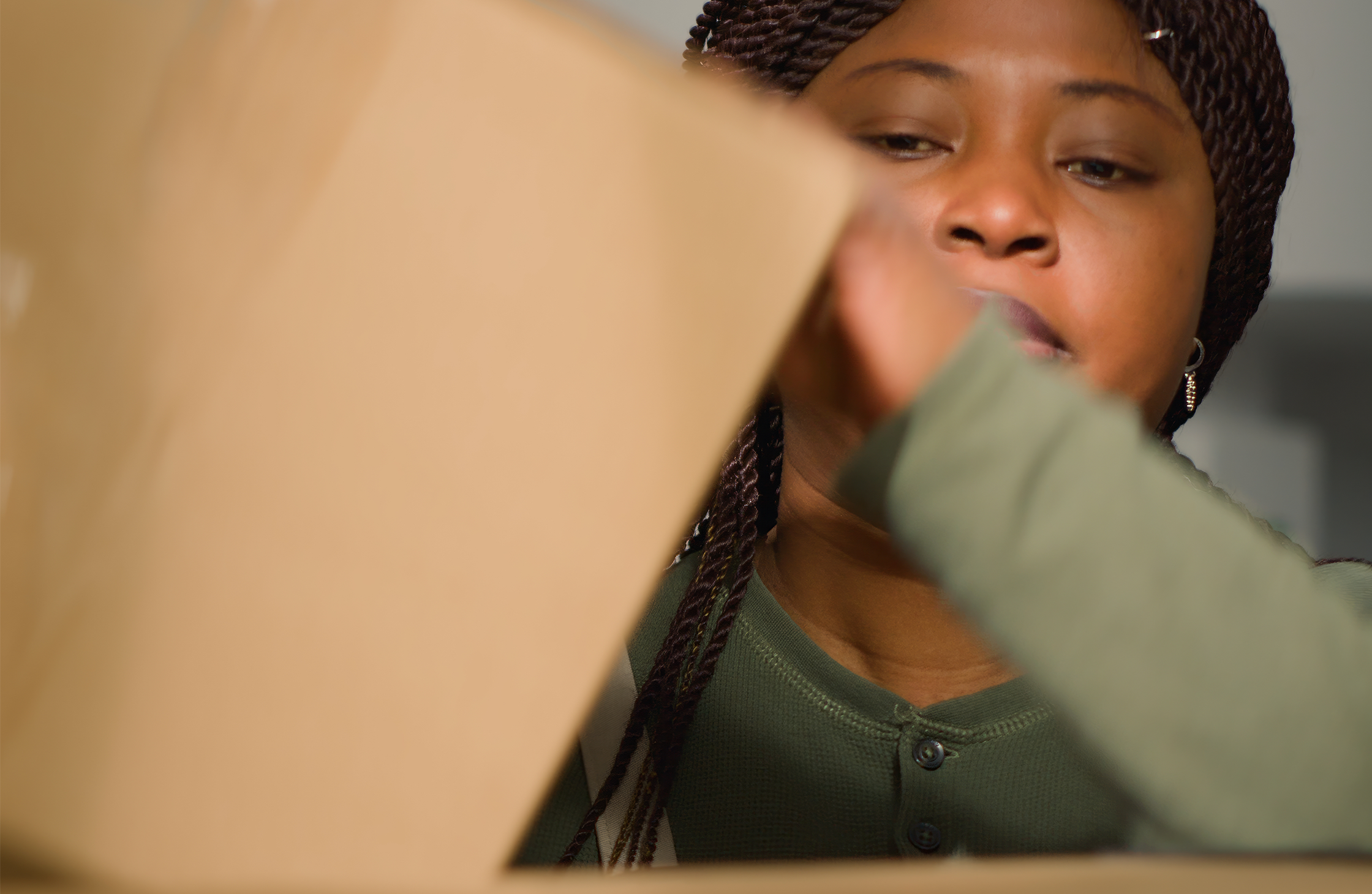Image by DC Studio on Freepik
Did you know that since last year’s election, countless Black women across America have been forced to face a grotesque nationwide backlash against Diversity, Equity, and Inclusion? What once promised opportunity and protection has now been stripped away, leaving Black women to navigate an economy that has turned its back on them.
Despite being the most educated demographic in the U.S, across industries — from education and healthcare to government and corporate offices — Black women are being laid off without warning, denied interviews despite holding degrees, and forced to accept degrading wages just to survive. Many are facing eviction notices, overdue rent, and impossible choices between groceries and gas. Their savings are gone, their 401(k)s are hanging by a thread, and taxes devour what little remains of their paychecks.
The erasure of DEI initiatives has deepened the wound, dismantling programs that once provided pathways to leadership, mentorship, and workplace safety. Now, with fewer protections, discrimination thrives unchecked. The result is a growing crisis of homelessness, depression, and hopelessness among Black women who once believed hard work would secure stability. They grieve not only the loss of careers but the betrayal of a system that once claimed to value equity.
What we are witnessing isn’t just an economic downturn, it’s a human one. It’s the unraveling of decades of progress, the suffocation of resilience, and the silent suffering of Black women being erased from the very workplaces they helped to build.
Economic & employment impact
- 42% of Black women reported job insecurity or layoffs in the past year, the highest among all racial and gender groups. (National Women’s Law Center)
- 1 in 3 Black women with college degrees say they’ve been denied promotions or new roles since the 2024 election cycle, despite meeting qualifications. (Madame Noire)
- Average wages for Black women dropped by nearly 6% in the past 12 months, compared to a 1.2% drop for white men. (U.S. Bureau of Labor Statistics)
- Many Black women are being offered lower wages than others in their fields, even after years of professional experience and higher education. (Economic Policy Institute)
- The rate of Black women filing unemployment claims is rising steadily. (U.S. Bureau of Labor Statistics)
Housing & financial crisis
- A disproportionate number of Black single mothers report being behind on rent or utilities. (National Women’s Law Center)
- Evictions among Black women have risen 34% since 2024, compared to 9% among white tenants (Eviction Lab).
- Only 22% of Black women that have retirements believe that they will be able to live on their retirement funds, and over 66% have insufficient savings. (Essence)
- Bankruptcy filings by Black women entrepreneurs increased drastically following corporate downsizing linked to anti-DEI cost-cutting. (National Bureau of Economic Research)
Anti-DEI policies
- Over 60 major corporations publicly scaled back or completely removed DEI departments after political pressure in 2024 – 2025, with references to DEI dropping 72% in Fortune 100 company reports. (Forbes DEI Report)
- DEI roles held by Black women have been cut drastically, erasing progress made after the 2020 racial justice movement. (ProPublica)
- Corporate diversity budgets continue to decline, leading to mass layoffs in HR, education, and nonprofit leadership positions disproportionately held by Black women. (Stanford Report)
- The dismantling of DEI programs has led to reduced hiring pipelines, mentorship programs, and workplace protections for Black women.
- Anti-DEI laws and rhetoric have normalized workplace discrimination under the guise of ‘meritocracy’, and there has been a surge of complaints of racial bias and unfair termination. (Center for Workplace Compliance EEOC data)
Mental & emotional health toll
- Many Black women report feeling hopeless about their financial future. (KQH Mental Health Counseling)
- Black women are currently experiencing clinical depression or anxiety linked to job loss and housing insecurity. (Black Women’s Health Imperative)
- Black women and girls are at the highest risk of suicidal thoughts and behaviors, partly due to economic instability and systemic exclusion. (Psychiatric News Alert)
- Community advocates warn of a silent mental health crisis as more Black women turn to retail and service jobs far below their skill level. (Nonprofit Quarterly)
To every Black woman who feels like her world is collapsing, who sits at the edge of her bed counting the last few dollars, wondering how to stretch faith into food, this message is for you. You are not invisible. You are not forgotten. You are the living proof of your ancestors’ answered prayers.
The world may have turned its back, stripped your titles, and tried to silence your brilliance; but baby, you come from women who built nations with nothing but scarred hands and sacred hope. You come from mothers who whispered freedom songs through cotton fields and corporate halls alike. You come from warriors who were never meant to survive, yet here you are, surviving still.
Do not let this moment make you believe the fight was for nothing. Harriet didn’t run for you to stand still. Sojourner didn’t speak for you to go silent. Ida didn’t write for you to doubt your worth. Their blood paved the road beneath your feet, now it’s your turn to walk it, barefoot if you must.
Stand tall, even if your knees shake. Speak loud, even if your voice trembles. Build again, even if your hands are tired. Because every setback you face is just a setup for your comeback. You are the descendant of the undefeated, the unbroken, and the unstoppable.
So rise, Black woman.
Rise, even when the world says sit down.
Rise, even when your spirit feels crushed.
Rise, because your story is not over, it’s just beginning.
Rise, because somewhere, a little Black girl is watching you and learning how to fight. Rise, because your ancestors are clapping in the heavens, saying, “Look at her, she’s still going.” You are not what they took from you.
You are what survived it.
And that alone makes you powerful beyond measure.
Anyla McDonald aspires to become a poet, short story writer, and essayist speaking about racism against Black people, current world problems, and hot topics. When she writes, she does it with purpose and passion. She feels destined to touch others with her words, and wants to be known as someone who takes a stand and impacts lives with her writing.
Anyla offers consulting services to Black student unions, student governments, school boards, superintendents, parents, and teachers facing social challenges within their institutions. She assists them in developing and implementing policies and activities aimed at preventing discrimination.


